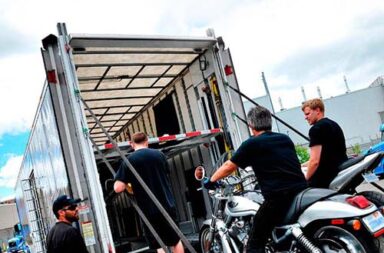The moments following an auto collision are critical to both your safety and the integrity of your case. Along with getting your vehicles to a safe location, you must gather as much evidence of the scene as possible, making sure to document all the consequential damages. Collecting these records is central to building a strong case that will earn you the compensation to cover all incurred losses. Immediately after any type of car accident, there are several critical steps to follow to ensure your safety and your rights will be protected.
- Call the Police
Having the assistance of police officers is critical to your ability to objectively and thoroughly reflect all evidence of the crash in your records. Why? Law enforcement officers will record all details of the accident immediately upon arrival. Since they are employees of the municipality or state (depending on the officer), they provide a neutral, authoritative perspective on the crash.
This ensures that any speculation of liability (one of the many factors included in their reports) will not be driven by any bias whatsoever. This way, if the negligent driver were to make any attempts to misrepresent their role in the crash, the officer’s statements will provide a truthful foundation on which you and your legal team can refute their claims.
- Record All Details of the Crash
After you have contacted police officers, it is your turn to document the scene either before or after their arrival. You must include the following in your written notes, photos, videos, and any other medium you wish to record the crash:
- Environmental conditions (i.e., rainy, sunny, cloudy, etc.)
- Any damages inflicted upon your car or any other property
- Location of the crash
- Contact and insurance information belonging to all parties involved in the crash, as well as nearby witnesses
- Any injuries you may have suffered
- Visit a Medical Professional
Whether you feel hurt or not, it is essential that you visit the hospital after a car accident. Many injuries take an extensive amount of time to begin displaying symptoms. Plus, the adrenaline that is likely rushing through your body after a collision can mask many aches and pains.
Receiving an evaluation from a medical professional is essential to not only ensuring your safety after a crash but to securing documentation of your physical condition to support your claim as well. (With such paperwork, you can support personal injury claims, for example.)
- Report the Collision to the DMV
All states require drivers to report car crashes to their local Department of Motor Vehicles (DMV) within a certain period. Those who neglect to do so risk having their license suspended, or becoming subject to fines. Check your local statutes, as there may be specific qualifications for this requirement (i.e., the report may only be required if a certain amount of damage was done).
- Contact Your Insurer
Finally, you must call your insurance company after a crash. The policy that will cover your crash depends heavily on the other driver. (For example, if they had no insurance, you will need to pull from your uninsured motorist policy.)
Insurers are notoriously stubborn when it comes to distributing payouts for car accident compensation. For this reason, you must refrain from any speculation of liability, as they may attempt to twist your words and blame you for the incident. Get in touch with a lawyer to circumvent these efforts and secure your compensation fairly.


